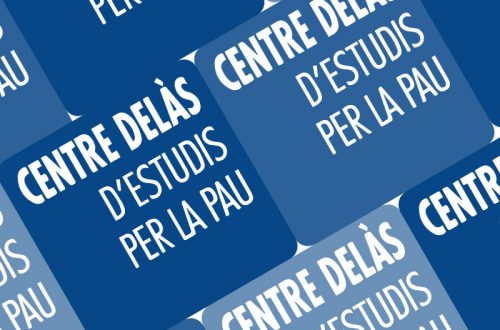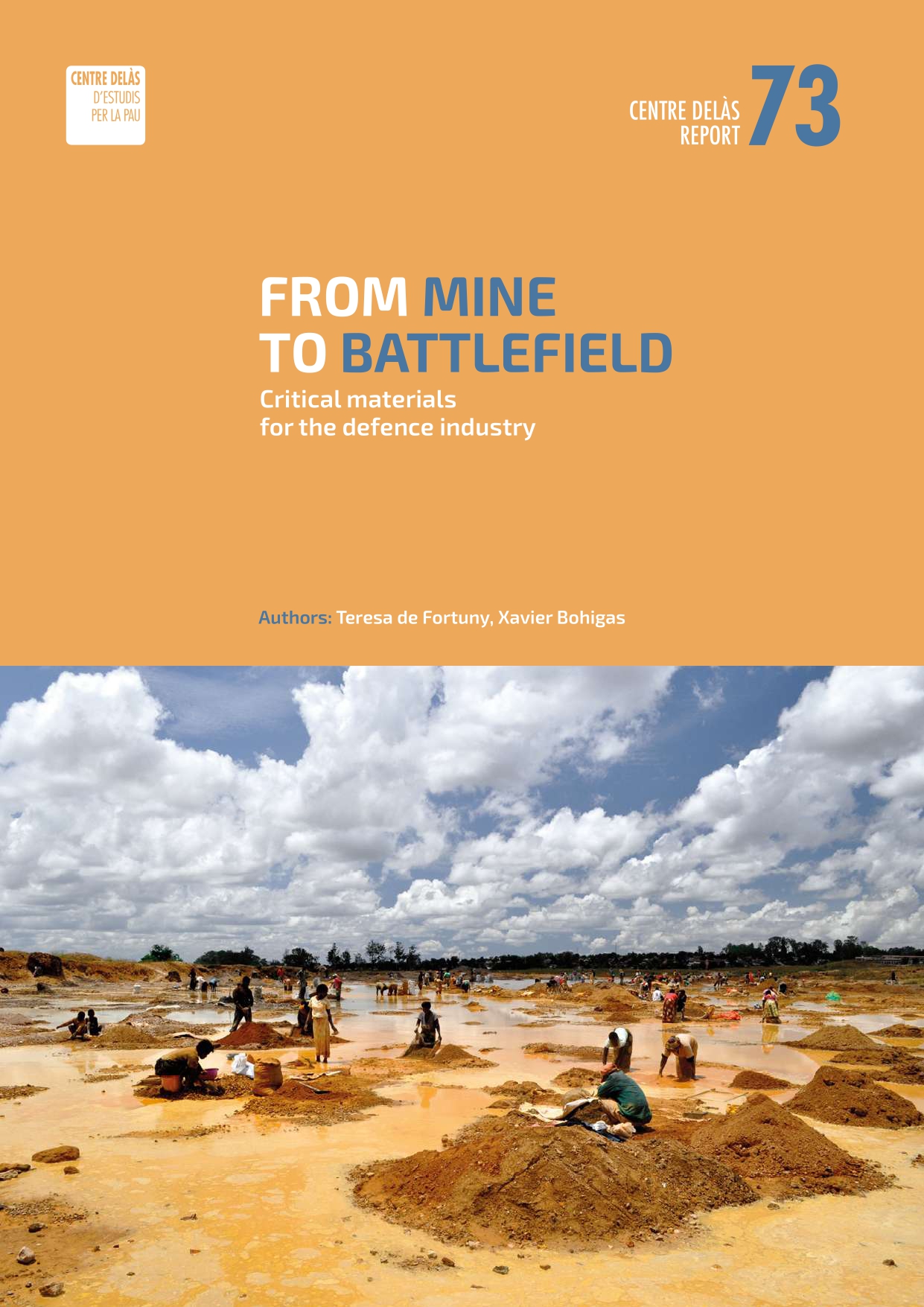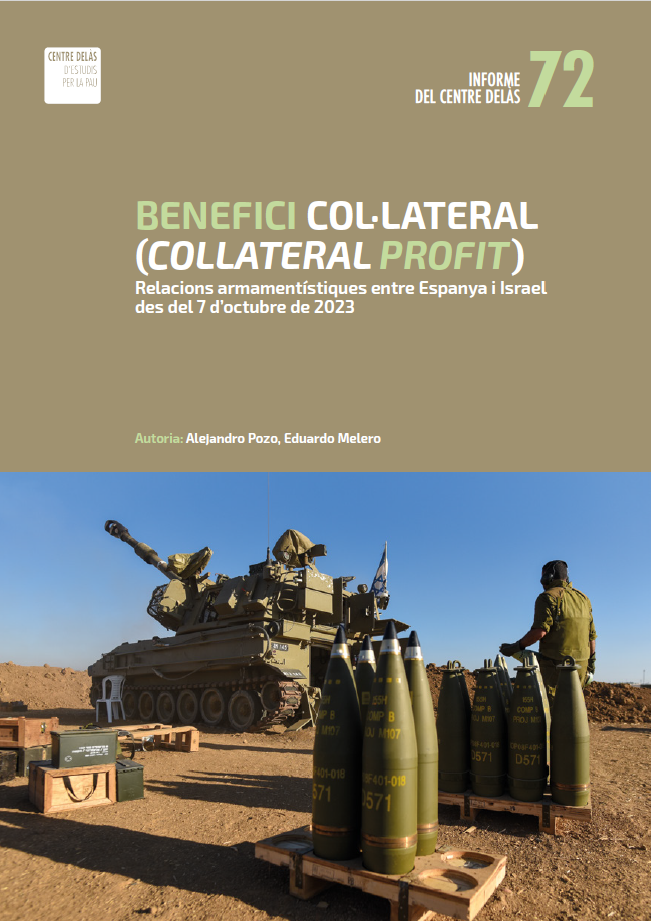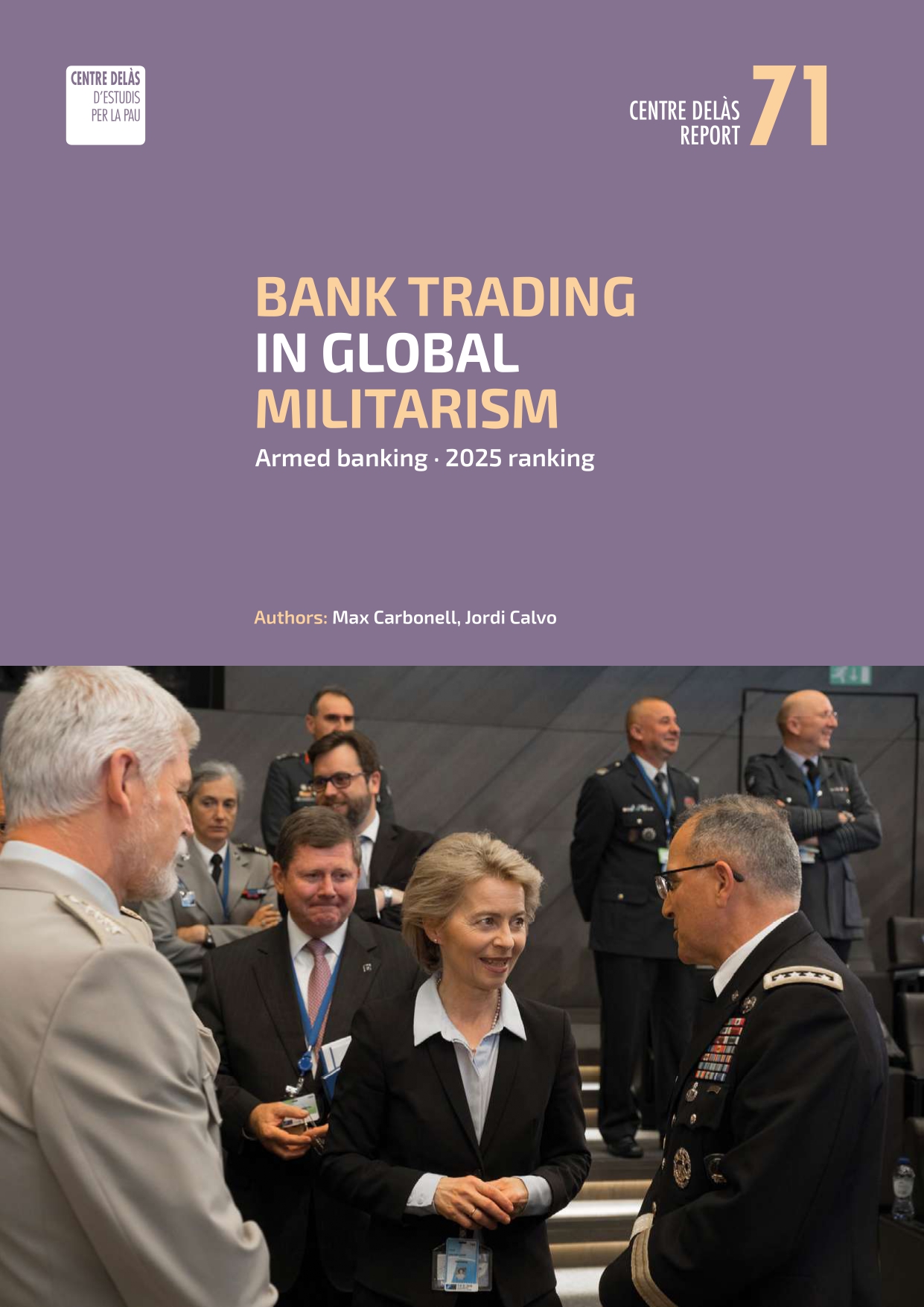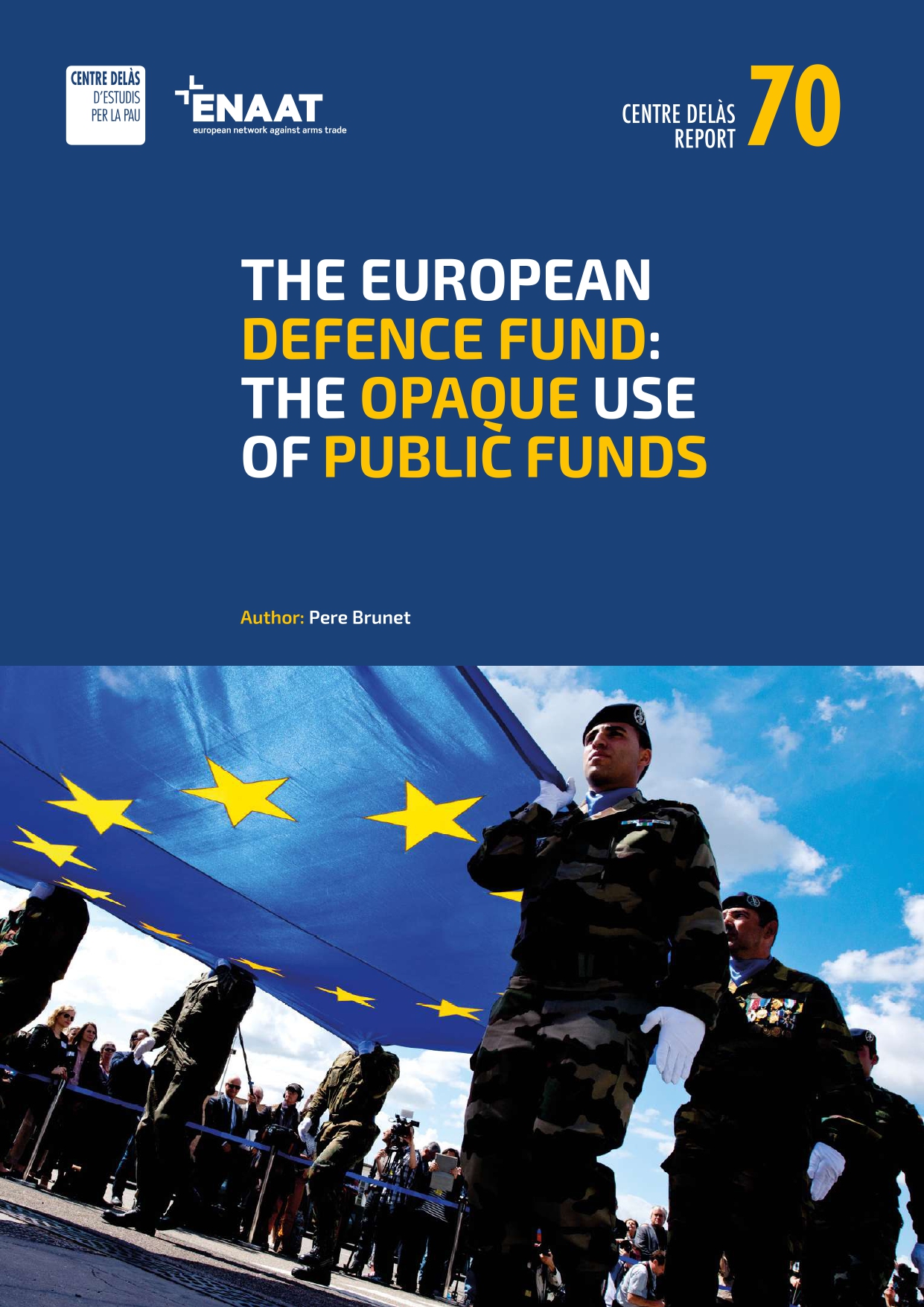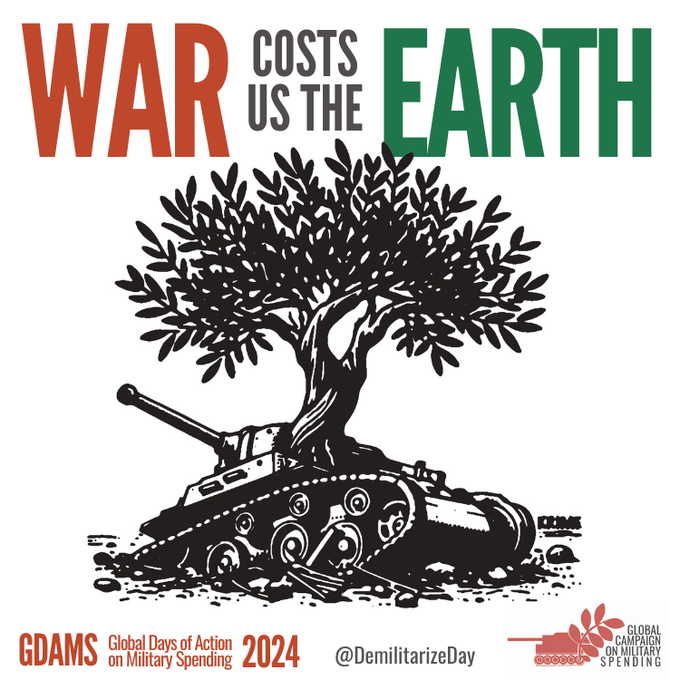Statement on the occasion of the 2016 Global Day of Action on Military Spending
“If we want to give peace a real chance, we have to give it a real budget”
In 2015 global military spending was 1500 billion euro. This is a disproportionate amount of money, which could be far better spent to ensure security for people. ‘The world is over- armed and peace is underfunded’, stated UN Secretary General Ban Ki-moon in 2012.
This is unacceptable. If we want to give peace a real chance, we also have to give it a real budget. More political and humanitarian efforts have to be made to achieve sustainable peace, rather than using a discourse of a “New Cold War” or a “Global War against Terrorism”.
Addressing the real challenges
The global refugee crisis is only a symptom of a global peace crisis. It is an urgent wake up call for an ambitious peace policy. Therefore a credible European security policy needs to put a particular emphasis on peacebuilding, addressing climate change and sustainable development, as many root causes of conflict are non-military in nature. Preferring military “solutions” to such conflict situations is often counterproductive and does not tackle these root causes. Meanwhile, arms exports of EU Member States to notorious human rights abusing governments continue, despite obligations under the EU Common Position and the international Arms Trade Treaty.
This must change. The undersigned organizations call upon the EU and its member states to find a better balance between military expenditures on the one hand and investments in peacebuilding and conflict prevention, the Green Climate Fund and the implementation of the sustainable development goals (SDGs) on the other. Resources must urgently be re-allocated towards the latter. This should clearly be articulated in the upcoming EU Global Strategy, which will be adopted by the European Council in June 2016.
In particular, EU governments should do more to address climate change. This is no longer only an environmental issue, but has been recognized as an acute security threat by military experts and over 110 governments alike. Climate change is indeed the ultimate “threat multiplier” that will aggravate already fragile situations and will contribute to social unrest and violent conflict. If high income developed countries moved 8.3 per cent of their military spending, they could pay for the 100 billion dollars that is needed to address the consequences of climate change.
Military resources should also partially be re-allocated towards the realisation of the UN Sustainable Development Goals, which is crucial to achieve sustainable peace and security. For example, if 13 per cent of global military expenditure where reallocated the world could eradicate poverty and hunger (SIPRI).
Back to Diplomacy
Existing EU and UN conflict prevention and peacebuilding mechanisms should be expanded and be given the necessary resources. It is time to get “back to diplomacy”, as argued by the “Panel of Eminent Persons on European Security as a Common Project” in their report of November 2015. In addition, EU member states should fully engage in the implementation of the UN reviews of the Peacebuilding Architecture, UN peace missions, and Women, Peace and Security.
We hope to involve even more European Union citizens and organisations in an open and robust debate on the counter-productive results of military expenditure. We hope to continue to find new partners to work with in the Global Campaign on Military Spending (GCOMS), and to see many groups at the GCOMS congress in Berlin in September 2016.
International Peace Bureau
Women in Black, Belgrade
The Conference of European Justice and Peace Commissions
Mouvement Chrétien pour la Paix
Union Pacifiste de France
Stop Fuelling War (Non á Eurosatory)
Centre Delàs d’Estudis per la Pau (Barcelona)
Beati i costruttori di pace (Blessed Are the Peacemakers), Italy
Pax Christi Flanders
Fellowship of Reconciliation (England)
Movement for the Abolition of War (MAW)
11.11.11
Quaker Council for European Affairs
Pax Christi International
Vrede
ForumZFD
Northern Friends Peace Board
Vredesactie
Scientists for Global Responsibility (UK)
Irish CND
Belgian Coalition ‘stop uranium weapons
Abibiman Foundation in Ghana
Schools of Peace Foundation, Colombia
African Leadership and Reconciliation Ministries, Inc. (ALARM)
Just Peace Queensland (Australia)
Independent and Peaceful Australia Network (IPAN)
Foreign Policy In Focus (Institute for Policy Studies, Washington DC)
Australian Quaker Peace and Legislation Committee
For more information about the Brussels GDAMS preparatory conference (18 April) visit: www.qcea.org/militaryspending
The Brussels conference is in preparation for the global congress which takes place in Berlin in September 2016. To find out more about the Global Campaign on Military Spending coordinated by International Peace Bureau please visit: www.demilitarize.org

